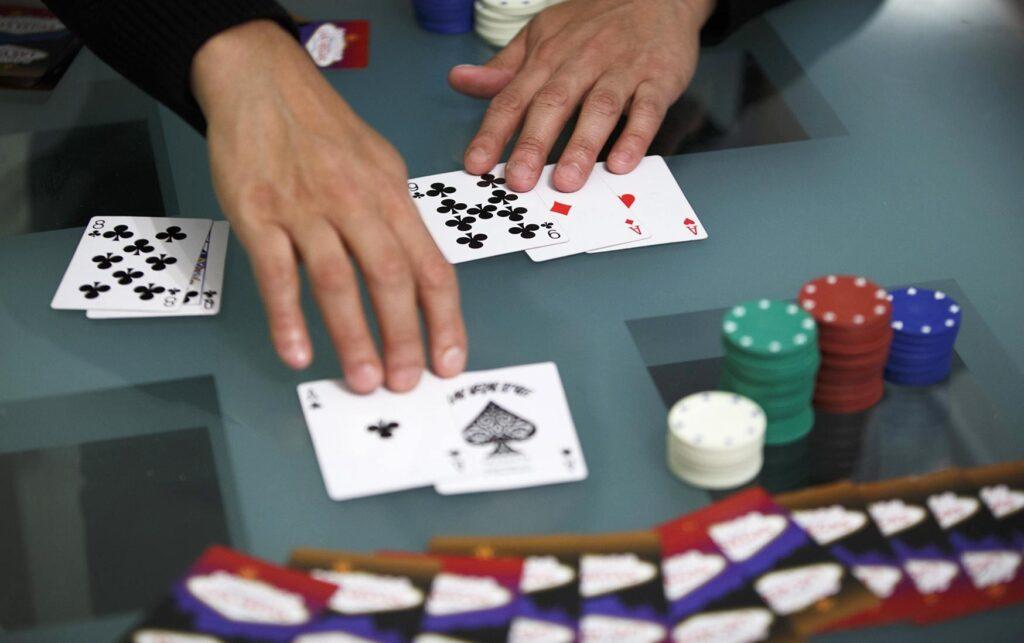Gambling in the Middle Ages: Taboos and Transformations

Betting has consistently assumed a huge part in mankind’s set of experiences. The Medieval times are no special case, and it was during this period that they went through critical changes. In this article we dig into the universe of betting in the Medieval times, uncovering its social importance, restrictions and changes.
The Middle Ages’ social relevance of gambling
In the Middle Ages, gambling was more than just a pastime. The social and economic conditions of the period were mirrored in them. Games including cards, dice, and many kinds of wagers were well-liked by all ages. The idea that gambling has an impact on social and cultural processes in society is very fascinating.

Taboos and prohibitions on gambling
Despite its popularity, gambling was often criticized and banned by the church and authorities. In many countries they were strictly taboo. This led to the fact that games were often held secretly, which added an aura of mystery and attractiveness to them.
Transformation of gambling
Over time, gambling has undergone changes. For example, the introduction of playing cards in Europe has significantly expanded the range of gambling entertainment. The rules and formats of the games also changed, making them more diverse and interesting.
The influence of gambling on literature and art
Gambling also left its mark on the culture of the Middle Ages. They are reflected in literary works, paintings and even music of that time. Many key moments in history and culture can be traced through gambling.
Impact on the economy and social structure
Gambling in the Middle Ages had a significant impact on the economy. They were not only a source of entertainment, but also a means of exchanging goods and even currency in some transactions. This influenced the social structure, emphasizing the differences between rich and poor.
The role of gambling in everyday life
Gambling was an integral part of everyday life in the Middle Ages. They were used to resolve disputes, celebrate holidays, and even as a means of teaching in some aspects of life. This shows how deeply gambling was integrated into the culture of the time.
Myths and superstitions associated with gambling
Gambling in the Middle Ages was surrounded by many myths and superstitions. They were considered a way to try your luck, and many believed in the mystical properties of the games. This added a special appeal and mystery to gambling.
The Impact of Betting on Writing and Proficiency
In the Middle Ages, the focus on culture had a decisive influence. They could be heard in the writing, craftsmanship, and even music of the period. Betting plays a huge role in many important, verifiable and widespread events.
Effects on the Social Structure and Economy
In the Middle Ages, gambling had a big effect on the economy. In addition to being a source of amusement, they might be used to exchange items and, in certain cases, money. This has an impact on the social structure by highlighting the disparities between the rich and the poor.
Gambling technology innovation
Technology advanced during the Middle Ages, which had an impact on gaming. New games and gaming gadgets have been developed as a result of the development of new tools and materials, increasing the variety and accessibility of gambling.
Gambling’s impact on the advancement of statistics and mathematics
The advancement of science throughout the Middle Ages, particularly in the fields of statistics and mathematics, was another significant effect of gambling. The study of probability and statistical analysis, which was aided by games of chance, significantly advanced science.

Conclusion
By studying medieval gambling, we discover not only the history of entertainment, but also an important aspect of the social and cultural life of that time. This is an immersion in a world where games are not just a way to kill time, but also a powerful tool for influencing history and culture.